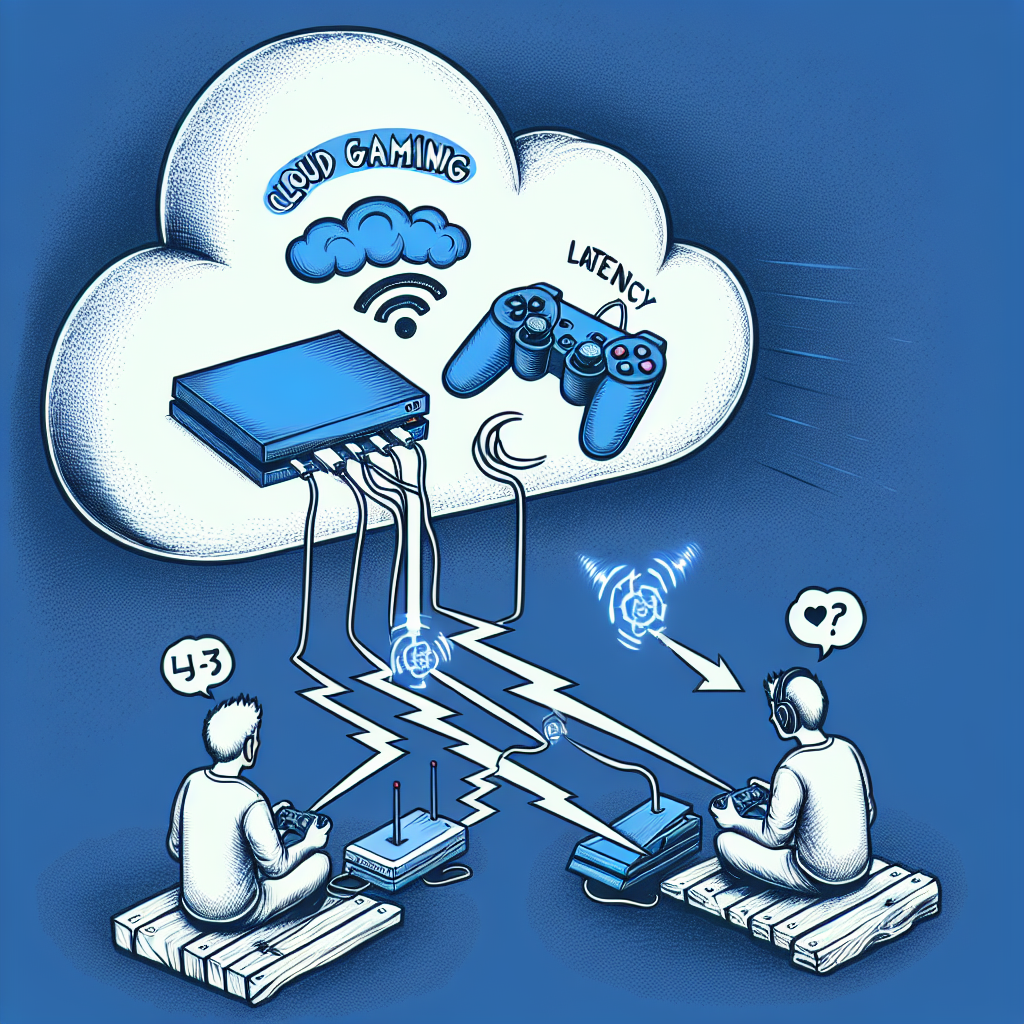Fix today. Protect forever.
Secure your devices with the #1 malware removal and protection software
Cloud gaming has revolutionized the way we play video games, allowing players to enjoy their favorite titles without the need for expensive hardware. However, one of the biggest challenges facing cloud gaming is latency, which can significantly impact the overall gaming experience.
Latency refers to the delay between a player’s input and the game’s response. In traditional gaming setups, latency is minimal, as the game is running directly on the player’s device. However, in cloud gaming, the game is processed on remote servers and streamed to the player’s device, resulting in potential delays in gameplay.
The effects of latency on the gaming experience can be significant. High latency can lead to input lag, where there is a noticeable delay between pressing a button and the action being executed in the game. This can make games feel unresponsive and frustrating to play, especially in fast-paced games where split-second reactions are crucial.
In addition to input lag, latency can also impact the overall visual quality of the game. In order to reduce latency, cloud gaming services may need to compress the video stream, resulting in lower image quality and potential artifacts such as pixelation or blurriness. This can detract from the immersive experience of playing a game and make it less enjoyable for the player.
Furthermore, latency can also affect multiplayer gaming experiences. In games where timing is crucial, such as first-person shooters or fighting games, even a slight delay can give one player an unfair advantage over the others. This can lead to frustration and a lack of competitiveness in online matches.
To mitigate the impact of latency on the gaming experience, cloud gaming services are constantly working to improve their infrastructure and reduce latency as much as possible. This includes optimizing data centers, improving network connections, and developing technologies such as edge computing to bring game servers closer to players.
Players can also take steps to minimize latency on their end, such as ensuring a stable internet connection, using a wired connection instead of Wi-Fi, and choosing a cloud gaming service with servers located close to their geographical location.
In conclusion, latency is a crucial factor that can significantly affect the gaming experience in cloud gaming. While efforts are being made to reduce latency and improve the overall performance of cloud gaming services, players should be aware of its potential impact and take steps to optimize their gaming setup for the best possible experience.
Fix today. Protect forever.
Secure your devices with the #1 malware removal and protection software

Leave a Reply
You must be logged in to post a comment.